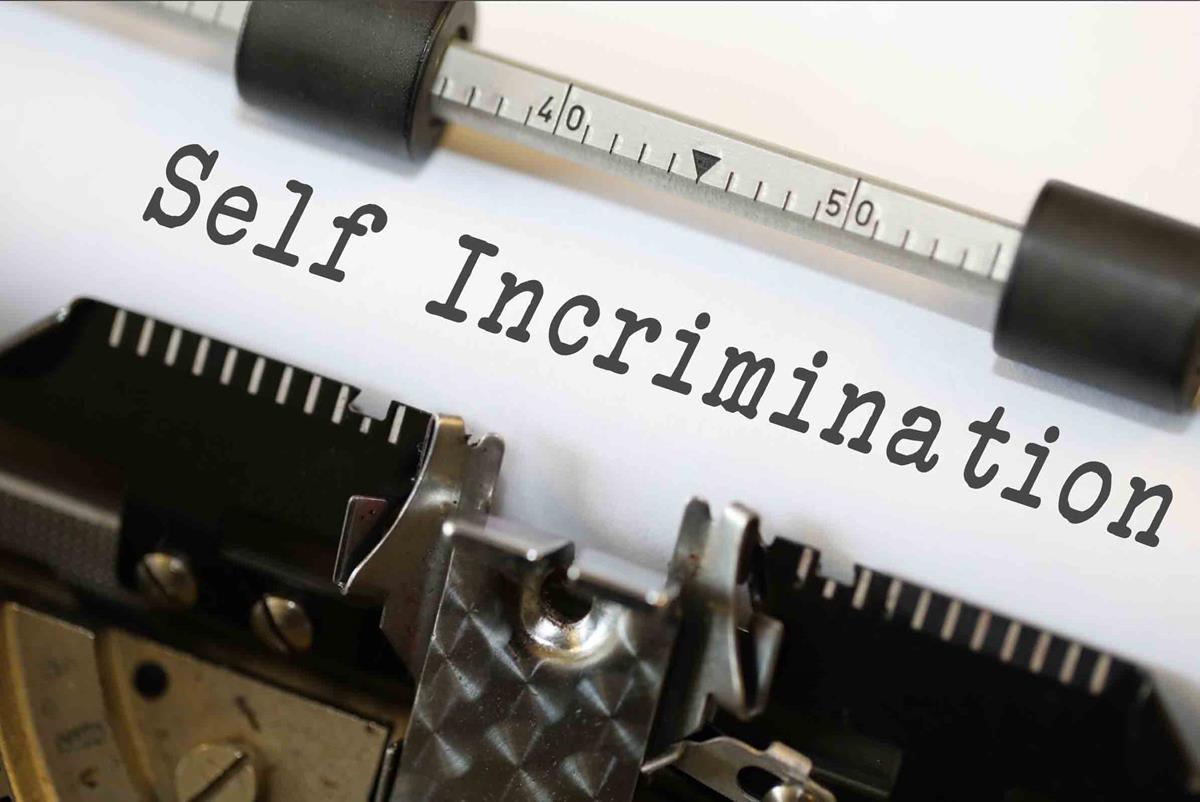
Self-Incrimination under Indian Constitution: An In-depth Analysis
Introduction
The right against self-incrimination is a fundamental tenet of criminal jurisprudence in India. It is enshrined in Article 20(3) of the Indian Constitution, which prohibits any person from being compelled to be a witness against oneself in a criminal case. This right is a vital safeguard to protect individuals from potential abuses of power by the state and ensures a fair and just criminal justice system. In this article, we will explore the concept of self-incrimination under Indian law, its historical roots, its scope, and its implications.
Historical Background
The right against self-incrimination has deep historical roots. It can be traced back to ancient Roman and English legal principles. In India, it finds its origins in both British common law and indigenous legal traditions. The framers of the Indian Constitution recognized its importance and incorporated it as a fundamental right.
Article 20(3) of the Indian Constitution
Article 20(3) of the Indian Constitution reads as follows:
“No person accused of any offence shall be compelled to be a witness against himself.”
This provision is one of the cornerstones of the Indian legal system, and it offers several significant protections to individuals accused of crimes.
Key Provisions and Implications
Protection against Compulsion: The most crucial aspect of Article 20(3) is that it protects individuals from being compelled to provide evidence or testimonies that may incriminate themselves. This means that during the investigation, trial, or any other stage of a criminal case, a person cannot be forced to make statements or produce evidence that would be self-incriminatory.
Right to Silence: Article 20(3) also implies the right to remain silent. An accused person has the prerogative to refuse to answer questions or provide information that could potentially incriminate them. This right is essential as it prevents authorities from extracting confessions through coercion or duress.
Scope of Application: The protection against self-incrimination is not limited to oral or written statements alone. It extends to any form of evidence that may lead to self-incrimination, including documents, physical evidence, and even the use of an accused person’s body for identification purposes. This broad scope ensures that the protection remains effective in various contexts.
Non-admissibility of Compelled Statements: Any statement or evidence obtained through compulsion, coercion, or violation of the right against self-incrimination is inadmissible in court. This is a crucial safeguard to prevent the use of evidence obtained through unconstitutional means.
Confessions Made to Police: One significant aspect of Article 20(3) is that it protects individuals from self-incrimination even when making statements to the police. The law does not allow confessions made to the police to be used against the accused in court unless they are voluntary and not obtained under duress.
Challenges and Controversies
While the right against self-incrimination is a vital protection, it is not without challenges and controversies. Some of the issues surrounding this right in India include:
Interpretation of “Compelled”: Courts have had to grapple with the interpretation of what constitutes compulsion. While physical torture is an obvious form of compulsion, the line becomes blurrier when it comes to psychological pressure, inducements, or promises made by law enforcement authorities.
Admissibility of Confessions: Determining the voluntariness of confessions made to the police can be contentious. Courts often examine the circumstances in which the confession was made to decide whether it was obtained under duress.
The Right Balance: There is an ongoing debate about striking the right balance between protecting the accused’s rights and ensuring that criminals do not evade justice. Critics argue that stringent protections against self-incrimination may sometimes hinder effective law enforcement.
Conclusion
The right against self-incrimination is a foundational element of the Indian legal system. It safeguards individuals from being forced to incriminate themselves and ensures that evidence obtained through unconstitutional means is not used in court. While there are challenges and debates surrounding its interpretation and application, this right remains essential in upholding the principles of justice, fairness, and individual rights in the Indian criminal justice system. It stands as a testament to the commitment of India’s legal framework to protect the dignity and rights of all its citizens, regardless of their legal status.
If you want to be a judicial officer and are looking for RJS coaching in Jaipur, here, at Jyoti Judiciary we provide comprehensive study material to make your preparation solidified and top-notch. From preliminary mock tests to mains answer writing sessions every material required for clearing the exam is provided. We have separate legal current affairs classes, legal general knowledge, and current affairs classes all in one-time enrolment. Hurry up.









